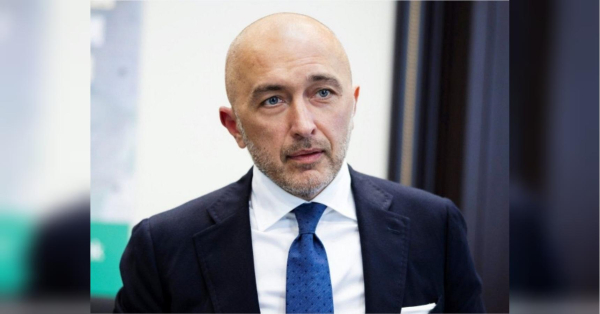
ROME — The longtime secretary to Pope Benedict XVI acknowledged Sunday that his tell-all memoir, published in the days after Benedict’s death, had been criticized for casting Pope Francis in an unfavorable light, but insisted that some of the polemics were more about anti-Benedict prejudice than anything else.
In some of his first public comments since Benedict’s Dec. 31 death, Archbishop Georg Gaenswein said he remained loyal to Francis and that he was still waiting for the pontiff to give him a new job.
Gaenswein’s future has been the subject of much speculation following Benedict’s death and the publication of “Nothing But the Truth: My Life Beside Pope Benedict XVI.” In the memoir, Gaenswein charted his nearly 30 years working with Benedict, but also settled old scores, revealed palace intrigues and detailed some of the bad blood that accrued during the decade in which Benedict lived as a retired pope alongside Francis.
Published during the emotional period around Benedict’s Jan. 5 funeral, the book came to encapsulate the conservative criticism that has been directed at Francis and his more progressive bent by people nostalgic for Benedict’s doctrinaire papacy.
Speaking to Sky TG24 Sunday after celebrating Mass at a Rome-area church, Gaenswein acknowledged his book had raised eyebrows both for its content and the timing of its publication.
“There are and will be criticisms,” he said. “And I have to live with the criticisms.”
He said that he welcomed well-founded criticism.
“If the criticisms aren’t well-founded, but are criticisms from (anti-Benedict) prejudice or other unfounded motives, I have to accept them, but I cannot take them seriously. True criticism I accept and I learn from,” he said.
He spoke to Sky at Santa Maria Consolatrice, which was the titular church of Benedict when he was Cardinal Joseph Ratzinger. After the Mass, a plaque honoring the late pope was unveiled.
In an interview with The Associated Press on Jan. 24, Francis responded to Gaenswein's critiques, and those of other conservatives, by saying they were natural after 10 years and proved that the prelates felt free to speak.
Sourse: abcnews.go.com






